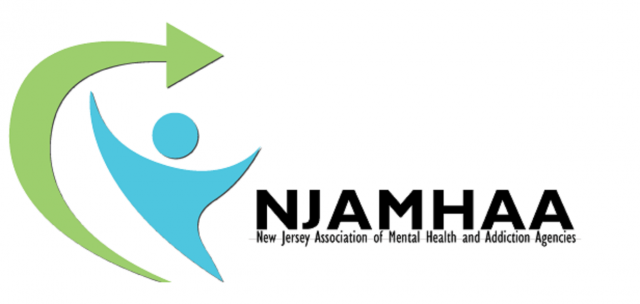|
January 25, 2022 A study published today in the Journal of Adolescent Health found that supportive relationships with family and friends; healthy behaviors such as engaging in physical activity; and good-quality sleep were associated with better mental health among youth during the COVID-19 pandemic. The research was supported by the National Institutes of Health (NIH), specifically the National Institute on Drug Abuse (NIDA). Survey data of more than 3,000 individuals, ages 11 through 14, from the Adolescent Brain Cognitive Development (ABCD) Study was used for this research. The study also found that girls were more likely than boys to experience psychological distress during the pandemic. It was also revealed that psychosocial factors such as poorer quality and functioning of family relationships; more screen time; and witnessing discrimination in relation to the pandemic were all predictors of youth stress. Nora D. Volkow, Director of NIDA, was quoted in a NIH News Release saying, "Early adolescence is a time when youth are already experiencing rapid change physically, emotionally, and socially, and the COVID-19 pandemic has caused immense disruption to this sensitive stage in life . . . This study helps us understand how modifiable lifestyle factors affect the mental health and well-being of adolescents, and it can inform the development of interventions to protect youth during a major life stress. This is important now, as we continue to grapple with the pandemic, and also in future crisis response at the local or national level." Click here to read more on this topic. |



